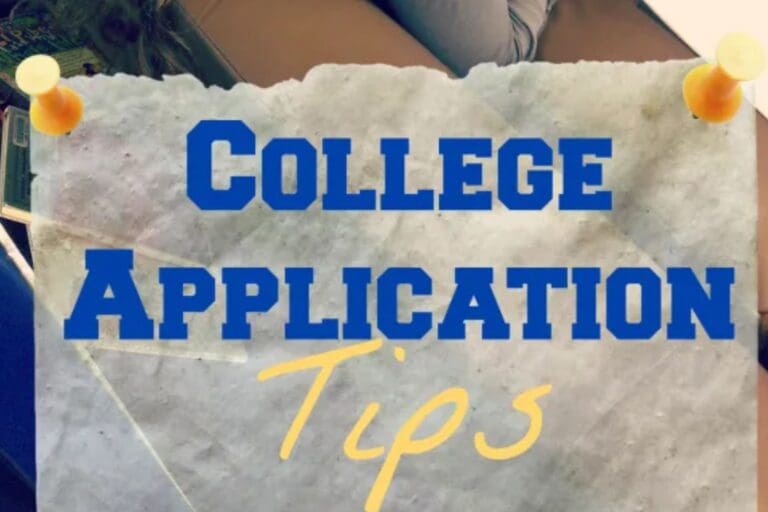
Ivy League Degrees and the Real Return on Investment
Students entering college do so with a vision toward making a successful career in the future. While the definition of success differs from one person to another, there is no denying that financial benefits in a career are a tangible outcome that everyone wants to get. Does this mean that students securing admission into an Ivy League institution are the only ones who have entered the gateway to financial prosperity? Though the answer is no, one needs to understand that the prestige associated with these elite schools is undeniable. Ivy League institutions are extremely selective and rigorous, and their names carry a stamp that differentiates students and opens doors to opportunities for career success. Although parents shell out huge amounts of money for an Ivy League education, these universities offer generous scholarships to deserving students, making it affordable and desirable. So what are the tangible benefits that these institutions offer?
Higher Earning Potential
Data presents evidence that graduates from Ivy League universities tend to earn more than their peers from many other four-year universities. How Much Is an Ivy League Degree Worth? | Best Colleges | U.S. News. In 2024, graduates from Princeton University and Harvard University reported the highest early career salaries among Ivy League institutions, averaging $95,600 annually. Brown University graduates, in comparison, had an average early career salary of $88,000. statista.com
According to Bloomberg News analysis, these elite institutions have a typical 10-year ROI of $265,500. “This is twice the return of 63 ‘Hidden Ivies’—other top private colleges—and almost three times the median of all other schools included in Bloomberg’s research.” This point is further emphasized by Payscale’s data which shows that early-career median pay for Ivy League graduates in 2022 exceeded those of graduates from other institutions by more than $27,000. Recruiters for industries such as consulting, technology, and finance, where salaries are quick to climb, lean more toward Ivy League colleges.
Financial Aid and Reduced Debt
Prospective Ivy League students should carefully assess the return on their investment. According to U.S. News data, the average net price—annual tuition after financial aid—is $23,234 for Ivy League schools, compared to over $32,000 for other ranked non-Ivy institutions. Harvard, Princeton, and Yale rank as the top three Best Value Schools, largely due to their “no loans” policies. These universities commit to meeting students’ full financial needs without requiring them to take out loans. Most other Ivy League schools, except Columbia, also rank in the top 20 and follow similar financial aid policies.
However, these net price figures apply only to students who qualify for need-based aid. Ivy League students come from high-income families and often do not need financial aid. But for students from lower-income backgrounds, the benefits of an Ivy League education can be substantial. One key advantage is access to top-tier recruitment opportunities that might otherwise be unavailable.
Brand Value of an Ivy League
Needless to say, an Ivy League degree holds significant prestige and can open doors that might otherwise remain closed, experts say. Students at Ivy League schools often have unique access to influential figures and top companies through networking events and information sessions. The career services of these institutions provide an extensive amount of pre-professional development workshops, which include conducting mock interviews, helping with resumes, and also teaching students how to pitch themselves to prospective employers. The relationships they build are often defined as “invaluable” by students as they have access to something they cannot find anywhere else.
Additionally, Harvard’s Crimson Careers, Columbia’s LionShare, and Princeton’s TigerNet offer graduates insider access to job openings, career guidance, and investment opportunities, a networking platform that connects current students with alumni across industries. These connections fast-track the careers of many students. However, it cannot be denied that many students who come to these Ivy League colleges are from affluent families, and they leverage their contacts to gain high-paying jobs.
Conclusion
There is a lot of prestige that comes with the tag of an Ivy League degree, which ultimately opens up doors to many influential networks across the globe. Graduates do earn high salaries and get some of the most elite opportunities, which might seem to be reserved for these graduates. For students who are from underprivileged backgrounds, the financial aid and professional connections offered by Ivy League institutions can be life-changing.
Lastly, it must be mentioned that though the Ivy brand can provide some initial advantages, success is not determined solely by where one studies. Factors such as making strategic career decisions, hard work, and smart networking are critical in shaping an individual’s long-term financial and professional outcomes.







